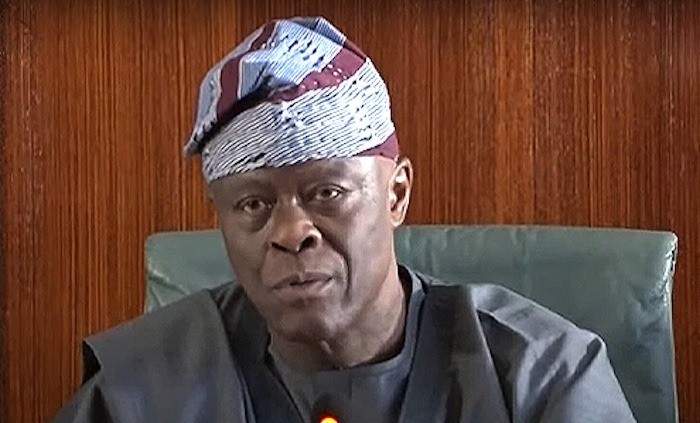The Nigerian Minister of Finance and Coordinating Minister for the Economy, Wale Edun, firmly stated that the country can no longer depend on borrowing to finance its budgets. He emphasized the crucial need for sufficient revenue to fund government expenditures. Edun declared this during his appearance before the joint Senate Committees, where he discussed the 2024–2026 Medium Term Expenditure Framework (MTEF) and Fiscal Strategy Paper (FSP).
Edun highlighted the necessity for Nigeria to make sacrifices in order to generate ample revenues and reduce the current high deficit financing. He proposed investing more in infrastructure that can generate income as the optimal way for the country to finance its annual budgets.
Accompanying the minister were Mr Zacch Adedeji, the Executive Chairman of the Federal Inland Revenue Service (FIRS), and Ms Patience Oniha, the Director General of the Debt Management Office (DMO).
Edun pointed out that the current global economic environment, both internationally and nationally, renders Nigeria unable to rely on borrowing. He emphasized that advanced countries have increased their interest rates to combat inflation and stabilize their economies, making foreign loans very expensive and challenging for a developing nation like Nigeria.
He voiced concerns about Nigeria’s existing borrowing profile and stressed the importance of reducing deficit financing in the 2024 budget. Edun also emphasized the need for increased government spending on essential sectors, citing Nigeria’s low budget-to-GDP ratio compared to other countries. He highlighted the critical role of government spending in boosting revenue, particularly in the short and medium term.
Sen. Sani Musa, the chairman of the joint panel, expressed apprehensions about the revenue projections of various ministries, departments, and agencies (MDAs), which he felt were significantly lower than the Federal Government’s proposed income for the 2024 fiscal year. He also raised concerns about leakages and delays in revenue remittances by MDAs, which contribute to mismanagement of funds.
Senator Musa highlighted the issues of waivers and customs modernization, questioning the details of these agreements and emphasizing the importance of efficiently collecting excise duties and tariffs to avert deficit budgets in the future.
